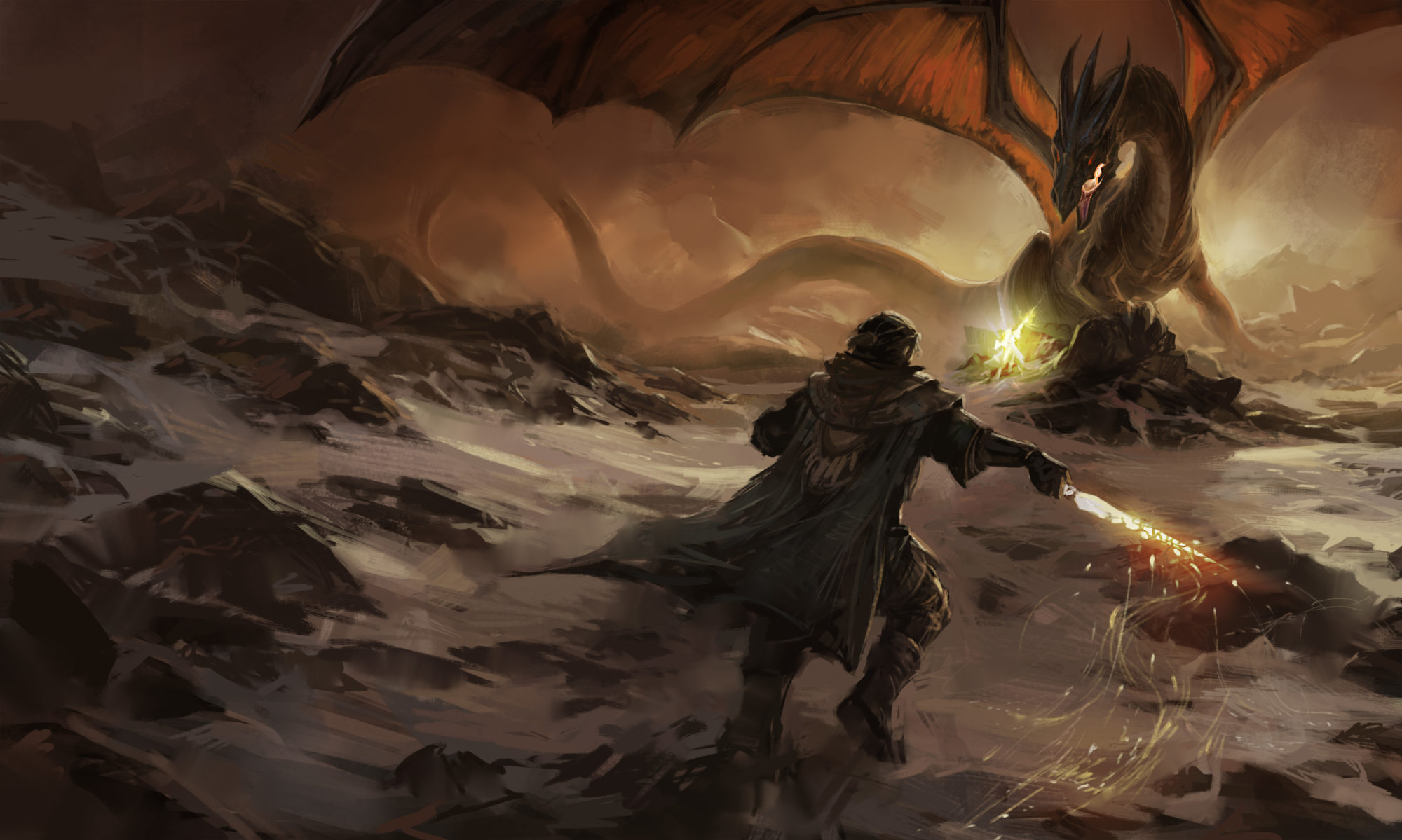I have a quote for you today, a passage from “The Once and Future King.” First, though, let me mention the book to you.
You should read it. You, personally, should read it, if you haven’t already (or haven’t otherwise made your own study of King Arthur’s legend).
It’s the story of King Arthur. It’s actually (at least presented as) the STORY of “Le Morte d’Arthur,” Mallory’s ancient work on the legend. It is much more readable, HIGHLY political in nature (that is, the author uses the story to make some very deliberate and apparent points which I quite doubt are inherent to the legend), but still a very worthwhile read.
You have heard of King Arthur. It’s really a good idea to learn something about the man. About the legend, rather, which is more meaningful in its way.
Also (and this perhaps more than all the rest I’ve said) there should be a LAW that no one is allowed to watch the movie “First Knight” unless they’ve first read “The Once and Future King.” I mean that most earnestly! Dirty stinkin’ movie….
*Mutter, grumble.*
Okay! On to the nature of Man, and the human experience:
——————————————————————————
There is a thing called knowledge of the world, which people do not have until they are middle-aged. It is something which cannot be taught to younger people, because it is not logical and does not obey laws which are constant. It has no rules. Only, in the long years which bring women to the middle of life, a sense of balance develops. You can’t teach a baby to walk by explaining the matter to her logically–she has to learn the strange poise of walking by experience. In some way like that, you cannot teach a young woman to have knowledge of the world. She has to be left to the experience of the years. And then, when she is beginning to hate her used body, she suddenly finds that she can do it. She can go on living–not by principle, not by deduction, not by knowledge of good and evil, but simply by a peculiar and shifting sense of balance which defies each of these things often. She no longer hopes to live by seeking the truth–if women ever do hope this–but continues henceforth under the guidance of a seventh sense. Balance was the sixth sense, which she won when she first learned to walk, and now she has the seventh one–knowledge of the world.
——————————————————————————
I don’t think the author is being particularly sexist here–White refers to women so often in this passage because the characters under discussion are Guinever and Elaine–both young women. And the “seeking the truth” bit is a direct reference to the motives of Lancelot, who is the common link between them.
I like this passage a lot. I like the idea of developing a special sense of balance to get through life, even when it refuses to obey any logical rules. (For one thing, it makes me hopeful.) I have my doubts that the world is ever as logical as you guys all think it is.
White says that young people believe in order and rules, and older people give up on that (obviously that appears briefly in the quoted passage, but there is more detail on it later). I don’t feel like I’m old before my time (which is a change, really — for all of my childhood I felt that way, even through high school). But I think I see more chaos in life than most of you do. I like the idea of learning, with time and experience, not see some order beneath it, but just to find a way to weather it.
Also, I really like this passage because it feels like something I would write. The voice and the sentiment…it works for me.
